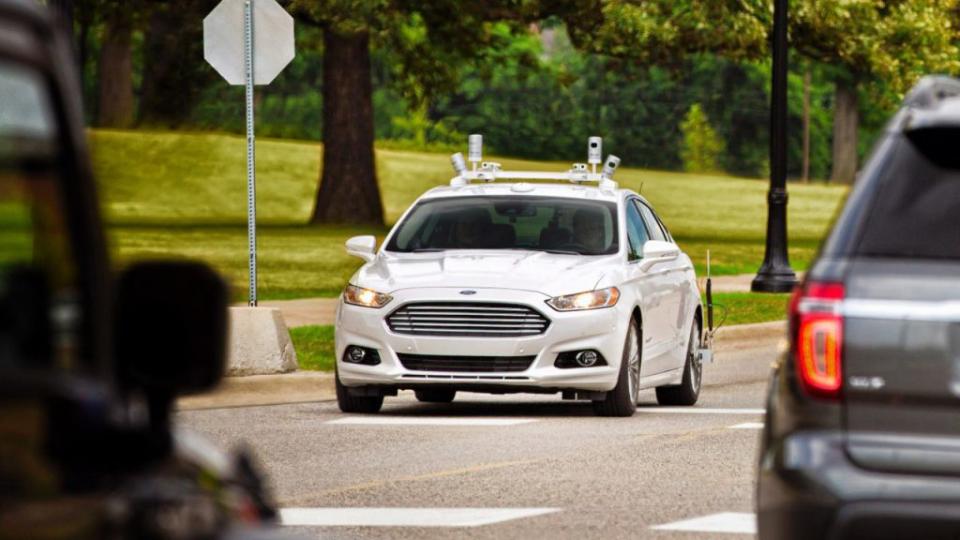A London startup says it will create driverless cars by 2019, beating Ford and BMW by two years

The future can’t come quickly enough for London autonomous driving startup Five.ai. The company, which raised $2.7 million in July, promises to deliver fully autonomous vehicles to the market by 2019. That’s two years ahead of similar projects announced by Ford and BMW.
Five.ai thinks it will beat the incumbents by using more sophisticated machine-learning that will help a vehicle understand its surroundings without the need to constantly compare its data against ultra-precise, three-dimensional maps created by radar systems, an approach being tested by Ford and Google.
A vehicle running Five.ai’s software, and rigged with the requisite cameras and sensors, would use a convolutional neural network to perceive an object’s depth instead of relying on data from high-resolution 3D maps. This gives the vehicle greater autonomy, the startup says. “They will have an ability not to rely on existing 3D models,” says Alex Flamant, an associate at Notion Capital, an investor in the startup. “There are a lot of incumbents not targeting this strategy because it’s not low-hanging fruit. It’s easer to rely on maps.”
Five.ai’s approach requires the vehicle to carry a lot more processing power on board. Stan Boland, Five.ai’s CEO and founder, estimates that a Five.ai vehicle will need three to four times as many computers as Google’s driverless car. “The fire hydrant of data from those pixels you’re receiving is much more,” he says. “We will need a lot more computing power to process it.”
Boland’s vision might sound idealistic, but his history suggests he might pull it off. He was CEO of chip designer Element14 in 2000 when he sold it to Broadcom for $600 million. He then started Icera, which made wireless modems for cell phones. He sold that to Nvidia for $367 million in 2011. “I don’t worry too much about competing with larger companies,” he says.
Boland says his team is perfecting its computer-vision system. Next year, it will start talking to automakers and companies that provide transportation services. Five.ai customers, likely bus or taxi operators, will pay a monthly software licensing fee of hundreds of dollars to use its solution, says Boland, slashing their wage bill for drivers.
Observers of Europe’s artificial intelligence sector think Five.ai has a shot at success. “There’s room for new teams who set out to solve specific problems along the value chain,” says Nathan Benaich, a venture capitalist at Playfair Capital in London.
The end result will be a fully autonomous, van-like vehicle, that can carry up to six passengers. The vehicles will crisscross a city, dropping off and picking up passengers as they go. The driverless vans will be limited to a city’s perimeter at first, Boland says, because he believes consumers won’t be ready for a free-roaming driverless car just yet.
“It’ll be like UberPool except you haven’t got a driver. It’s maintained by a transport provider, and it’ll be the cost of a bus ride,” he says.

Sign up for the Quartz Daily Brief, our free daily newsletter with the world’s most important and interesting news.
More stories from Quartz:

 Yahoo Finance
Yahoo Finance 